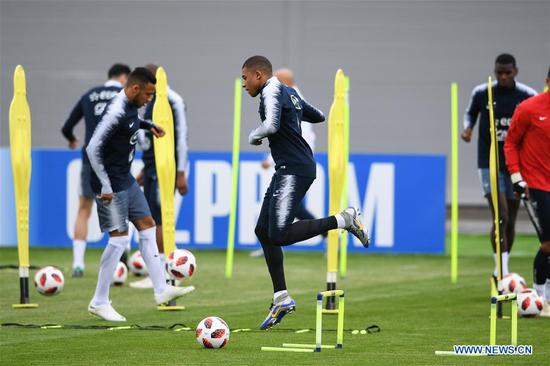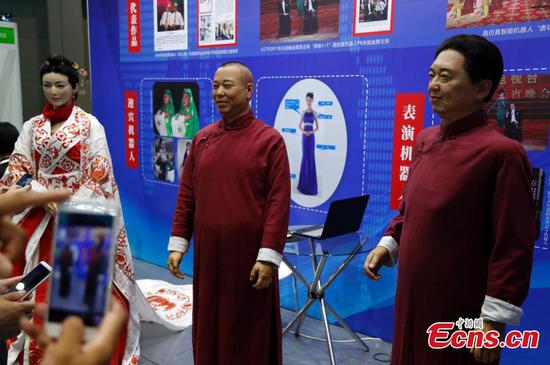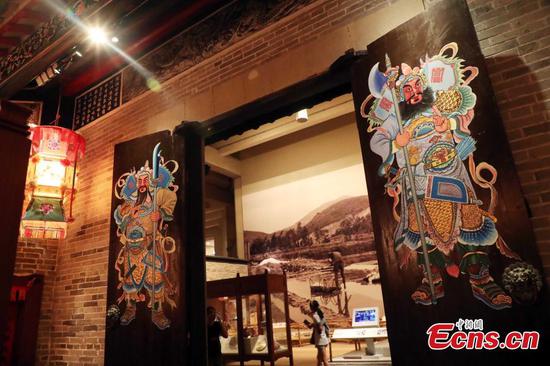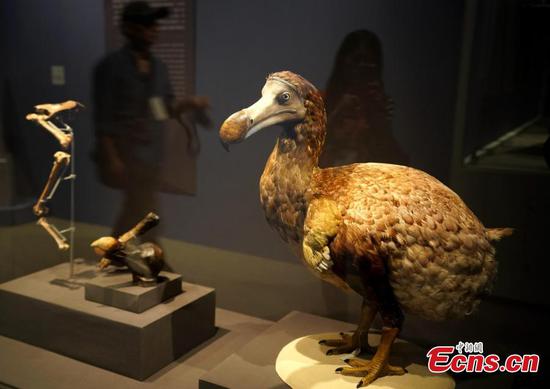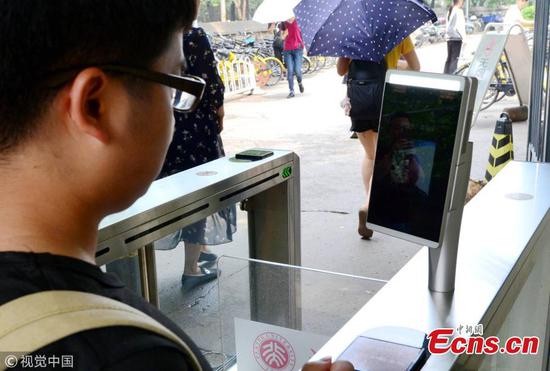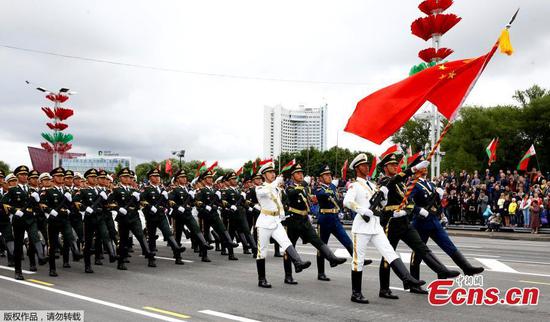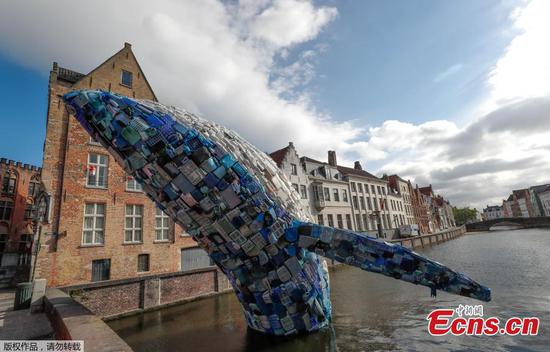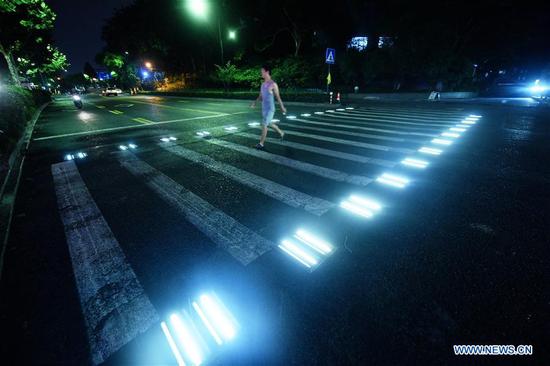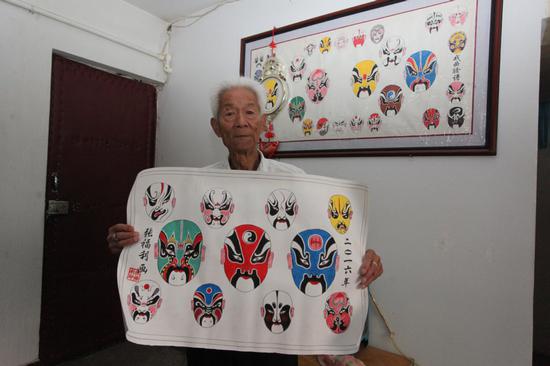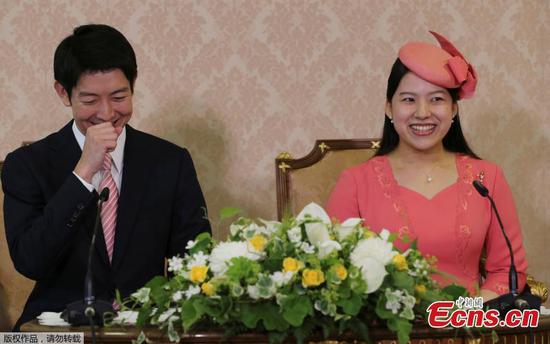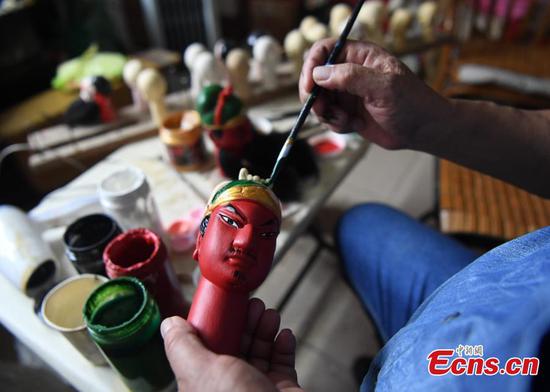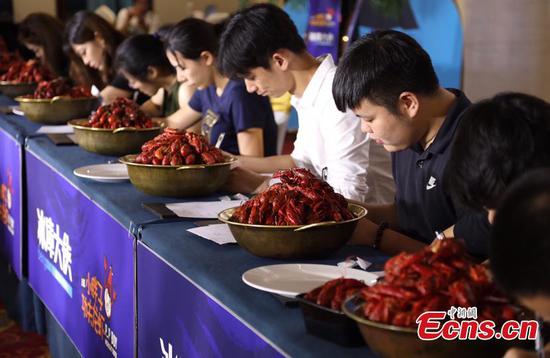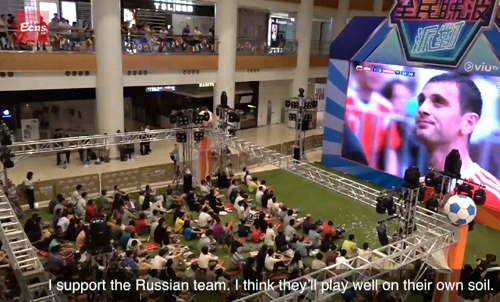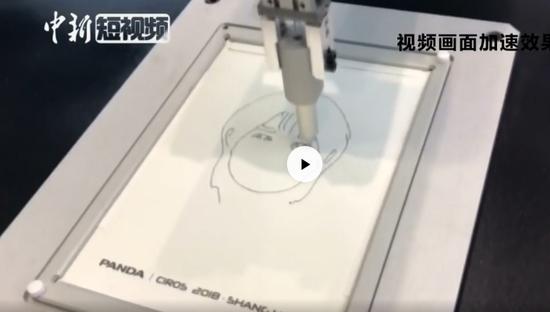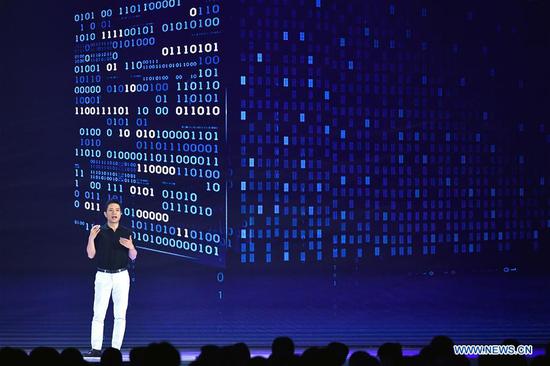
Baidu's Chairman and CEO Robin Li delivers a speech during Baidu Create 2018 at China National Convention Center in Beijing, capital of China, July 4, 2018. Baidu Create 2018, the Nasdaq-listed Chinese tech giant's annual AI developer conference, opened here on Wednesday. (Xinhua/Li Xin)
Baidu, one of China’s major tech giants, kicked off its annual Artificial Intelligence (AI) Developer Conference at the National Convention Center in Beijing. Here are some big announcements from today’s conference.
Volume production of autonomous bus
Powered by Apollo autonomous driving platform, Baidu’s self-driving mini bus, Apolong, is expected to enter the volume production phase.
Apolong, equipped with Baidu’s voice-activated software, is able to perform driverless tasks like obstacle avoidance, automatic transshipment, and swerving.
You will see the buses running in some tourist attractions, airports, and other enclosed areas to cover the last-mile journey.
Its open source platform Apollo also gathered over 100 partners at home and abroad from automotive and technology industries, including Ford, Intel, NVIDIA, and Microsoft.
“The autonomous driving is a large and fast-growing market,” said Mr. Ji from Quanta Computer, a tech company from Taiwan. “I think it is a good opportunity for us to promote our hardware and software to our customers.”
AI chip for edge and cloud computing
The boom of AI applications drives higher requirements for the computing capabilities, however, the traditional AI accelerator cannot keep the pace.
The new AI chip, designed for the edge and cloud computing and as an answer to demands, is ready to deliver large-scale AI scenarios in terms of natural language processing, speech recognition, autonomous driving, etc.
Robin Li, the CEO of Baidu, said that China has long been relying on imported chips from global companies, especially the high-end chips, but when Baidu’s first AI chip comes out, things will change.
Baidu Brain: making machines more human
The Baidu Brain 3.0 is an update from its 1.0 version, a platform intended to figure out how to make the machine interact like humans do.
The new version, with over 110 AI services ranging from natural language processing to facial and voice recognition, is aimed at allowing the machine to see, to hear, and to understand more clearly.
Wang Haifeng, Baidu’s vice president, demonstrated how a machine commented like a human does on a World Cup video clip. Based on its technology, the machine is able to recognize every object in the video including the players, the referee, the ball, the goal, the goal line. It can also capture great moments like shoots, free kicks, and corners. So with this data, the brain can perform like a real commentator.
Mini Program
Last year, WeChat, China’s largest mobile social media network, offered its 768 million users a function—“mini-program” which serves as a one-stop-shop for everything from reading news and booking taxis to ordering takeaways and making payments.
Today, Baidu announced a similar platform but with wider accessibility. Users will have access to merchants’ services without having to download their apps, a move aimed at the Apple and Google app store. App developers only need to modify the relevant code to adjust to Baidu’s mini-program.
Attributed to its "All in AI" strategy, Baidu is now leading China's AI industry. It is clear that Baidu has long put AI at the heart of the company’s future development.










